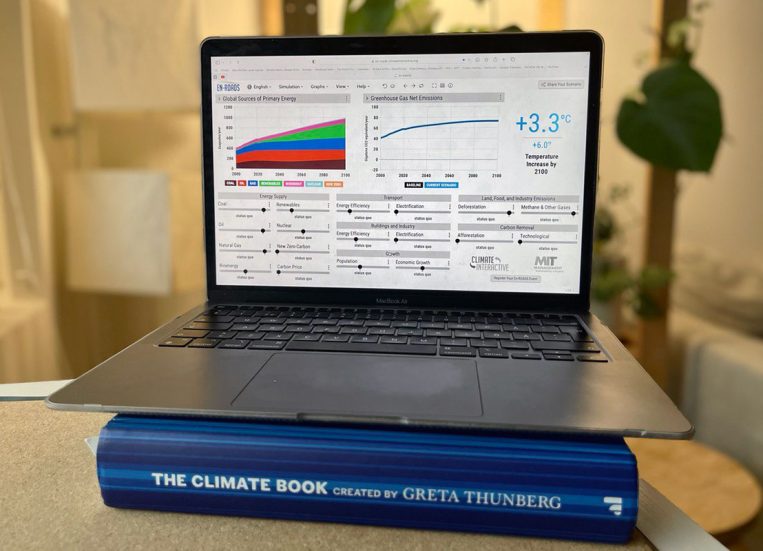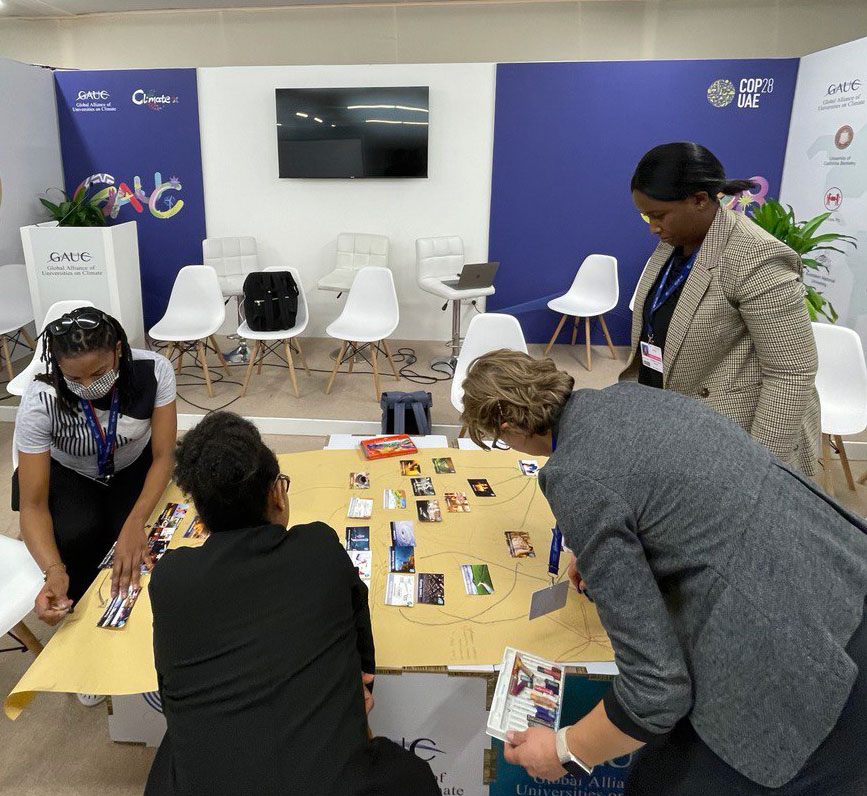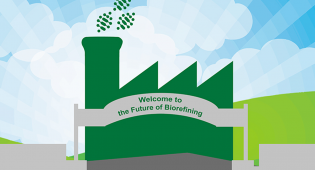Which interactive tools should you integrate into your sustainability teaching?
18.03.2024Faced with climate, biodiversity, and health crises, new ways to teach and inspire action are required, especially among the youth. People are eager to make a difference but often find themselves held back by various challenges, including a mismatch in urgency, limited information, unsupportive environments, and insufficient agency in decision making (Red Cross Red Crescent, 2021). Yet, there is hope. Interactive tools and games open up exciting possibilities, making learning about sustainability issues fun and accessible and empowering everyone to get involved.
As a production assistant at Xamk’s Edufication and a participant in global events and policy dialogues such as the COP27 and COP28 conferences, UNESCO Transforming Education Pre-summit, and European Forum Alpbach, I would like to draw on my experiences and share the tools that can facilitate interactive learning both on campus and online.
Interactive learning experiences are far more effective than traditional methods in engaging students, fostering an understanding of complex subjects, and supporting knowledge retention. Research by Freeman et al. (2014) shows that students in active learning environments outperform those in conventional lectures, benefiting from direct engagement and hands-on activities.
Strategies such as group learning enhance discussions and knowledge exchange, while the integration of personal experiences with educational content through informal learning makes complex topics accessible to a broader audience. Experiential learning provides motivating, real-world applicable experiences, and serious games are dynamic tools for conveying complex topics, boosting awareness, and motivating action (Ouariachi, 2017; Meya, 2018). These methods collectively improve learning outcomes, effectively addressing today’s environmental challenges.
Based on these studies, here are some notable examples widely adopted by UN agencies, NGOs in Europe, and educational institutions:
- EN-ROADS Climate Simulator allows students to simulate the effects of various climate policies on global temperatures and emissions, making abstract concepts tangible and fostering critical thinking about real-world solutions.
- BMJ’s Sustainable Practice: This resource helps integrate sustainability into healthcare education, offering research-backed actions to reduce environmental footprints in medical practices, which is ideal for discussions at the intersection of health and environmental science.
- Google Air Pollution API: A tech-savvy tool for demonstrating the global challenge of air pollution, perfect for projects that involve developing applications or exploring the impact of environmental quality on health.
- Probable Futures Maps: Offers interactive maps showing potential future climate scenarios based on current data, encouraging students to visualize and understand the long-term impacts of climate change on various geographic regions.
- Climate Fresk is a game-based workshop that engages students in learning about the causes and effects of climate change through collaborative card games, promoting teamwork and problem-solving skills while deepening their understanding of environmental issues.
- AgroAdapt is a simulation game focused on the future of agriculture in the face of climate change, providing a platform for students to engage in policy-making and strategic planning for climate-resilient food systems.
- Bridgedale360 is an innovative online toolbox designed specifically for youth engagement, featuring 16 modules on global challenges and sustainability. From exploring ethical financial solutions in ‘The Bank’ to sustainable agriculture models in ‘The Garden,’ it offers a variety of interactive, experiential activities that are both educational and engaging.
These tools help facilitate an approach to learning that puts students in the driver’s seat, making the journey through the material more engaging and meaningful. It’s about getting hands-on, making education not just about memorizing facts but about inspiring action and making a real-world impact. Through games and interactive methods, complex topics become not just understandable but genuinely compelling, motivating learners to act.
Action is what we all need right now.
References
Red Cross Red Crescent. (2021). Strategy on Youth-led Climate Action. Retrieved from https://www.climatecentre.org/wp-content/uploads/RCRC-Strategy-on-Youth-led-Climate-Action-EN.pdf
Freeman, S., et al. (2014). Active learning increases student performance in science, engineering, and mathematics. Proceedings of the National Academy of Sciences.
Davidson, J., Prahalad, V., & Harwood, A. (2020). Design precepts for online experiential learning programs to address wicked sustainability problems. Journal of Geography in Higher Education, 1–23. https://doi.org/10.1080/03098265.2020.1849061
Meya, J. N., & Eisenack, K. (2018). Effectiveness of gaming for communicating and teaching climate change. Climatic Change, 149(3–4), 319–333. https://doi.org/10.1007/s10584-018-2254-7
Mobley, K., & Fisher, S. (2014). Ditching the Desks: Kinesthetic Learning in College Classrooms. The Social Studies, 105(6), 301–309.
Ouariachi, T., Olvera-Lobo, M. D., & Gutiérrez-Pérez, J. (2017). Analyzing climate change communication through online games: Development and application of validated criteria. Science Communication, 39(1), 10–44. https://doi.org/10.1177/1075547016687998
Wibeck, V. (2014). Enhancing learning, communication and public engagement about climate change – some lessons from recent literature. Environmental Education Research, 20(3), 387–411. https://doi.org/10.1080/13504622.2013.812720



































